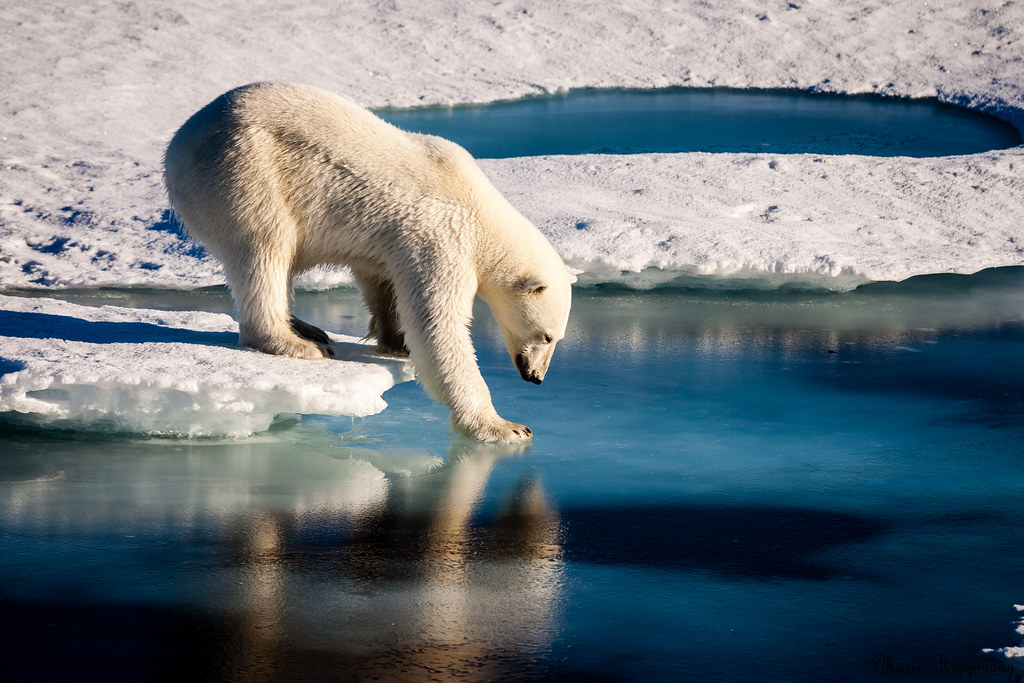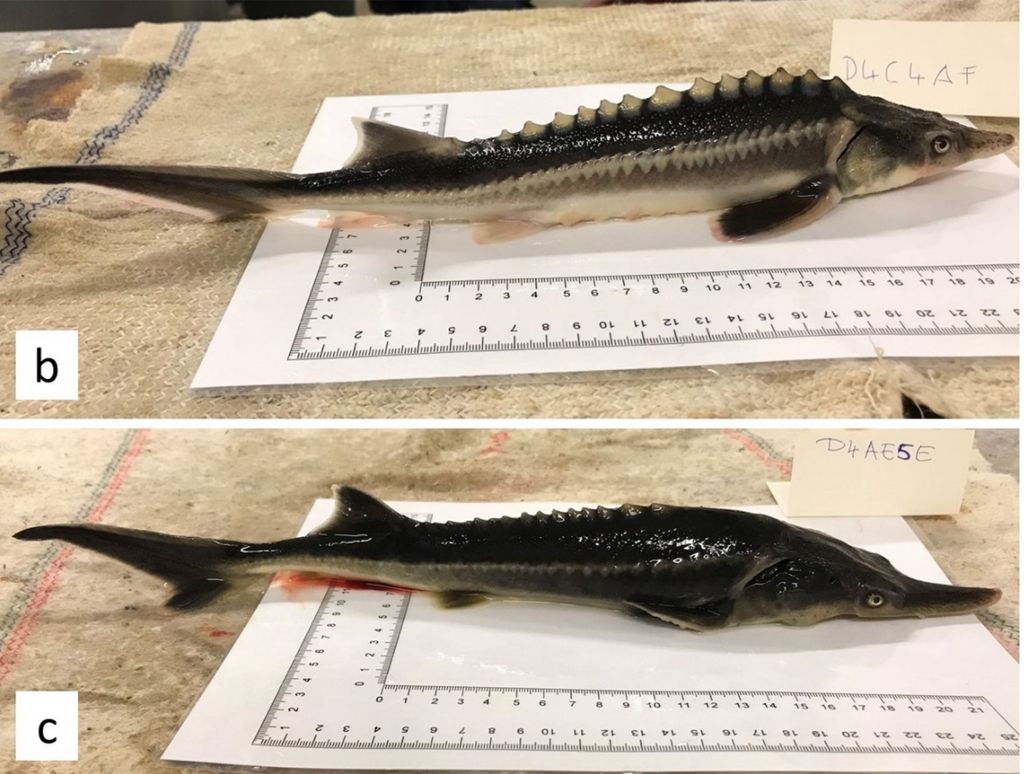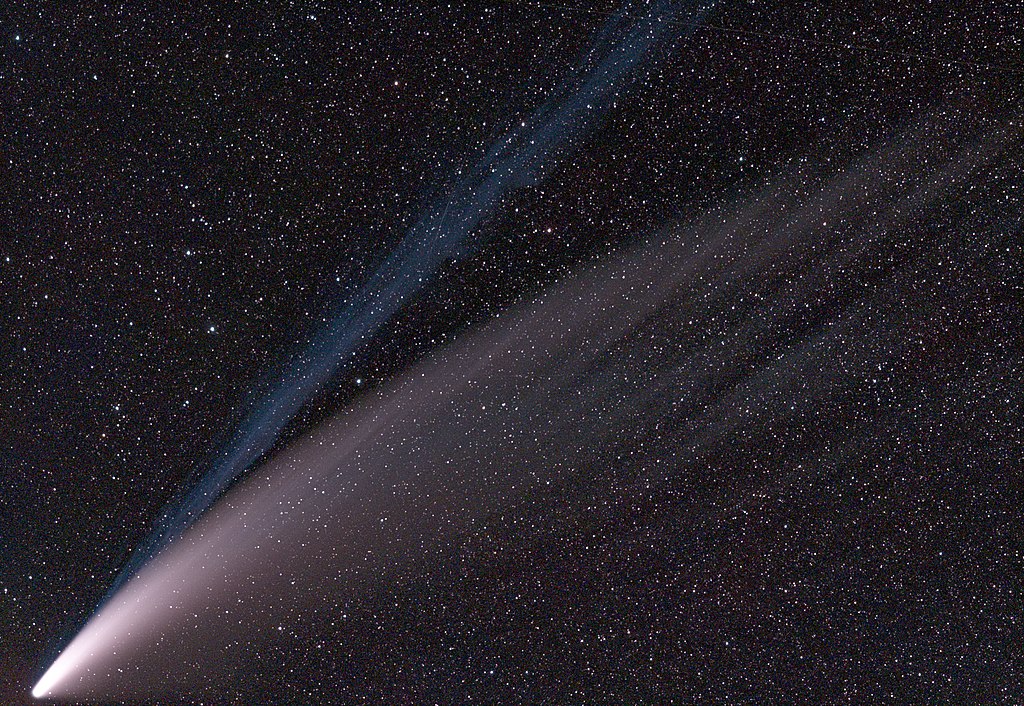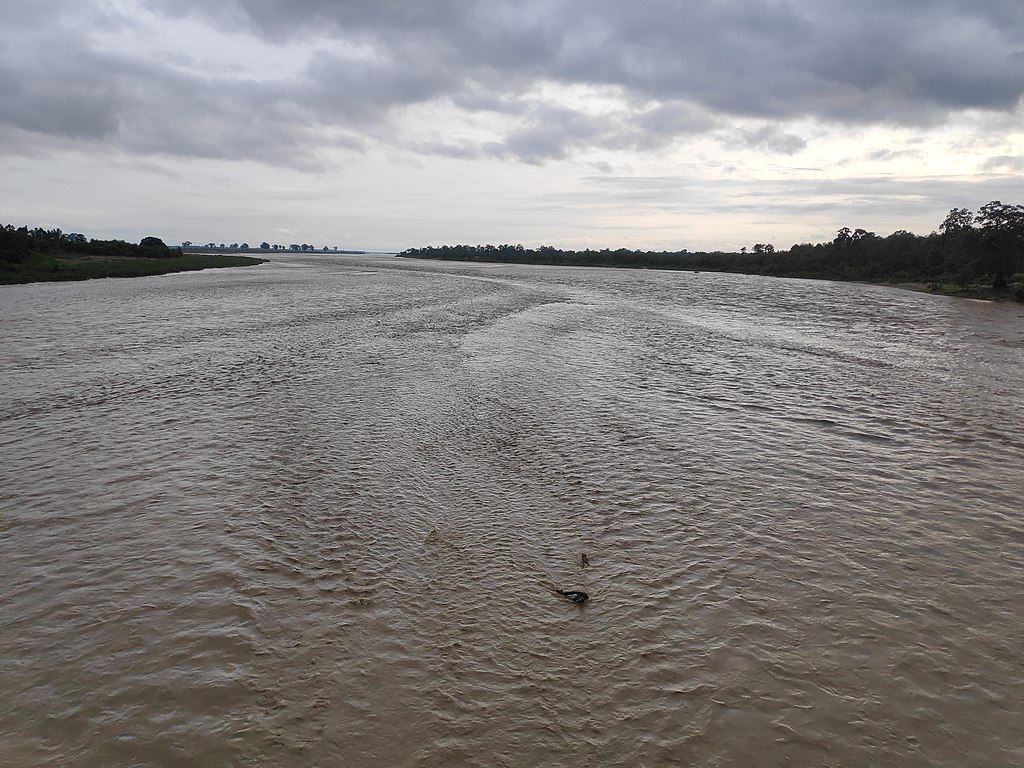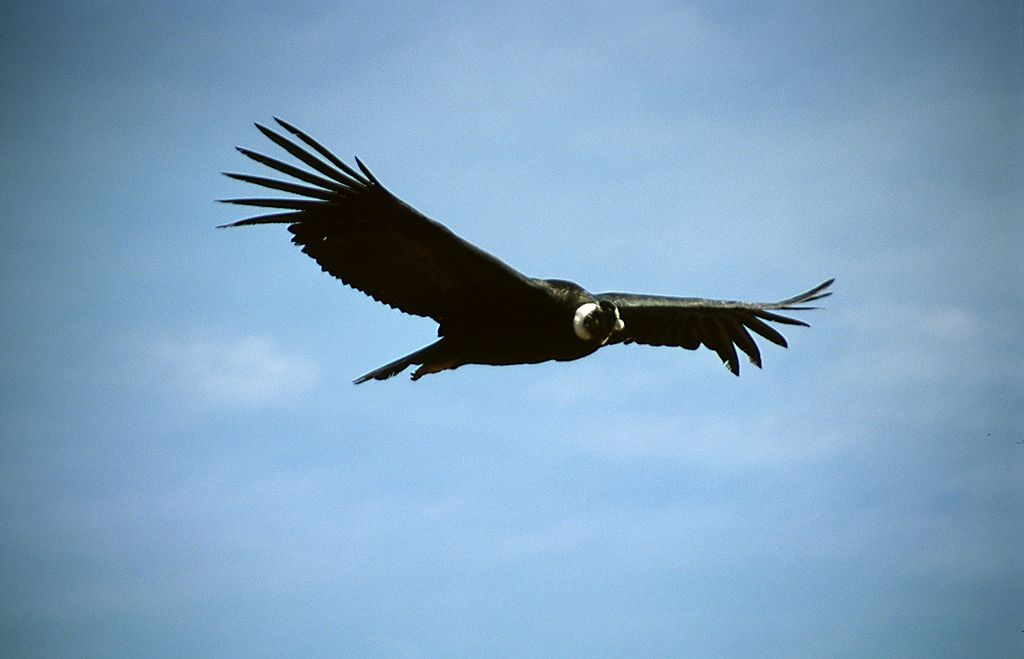Scientists predict that most polar bears will die out by the year 2100 because of global warming. Even if global warming is slowed, the loss of polar ice means most polar bears will still be seriously affected.
Published in “Science”
Companies and scientists around the world are racing to create vaccines to help protect people against the new coronavirus, SARS-CoV-2. Because the coronavirus is so serious, the process is happening much more quickly than normal.
Among the more unusual news stories recently…scientists have accidentally created a brand new kind of fish, called a sturddlefish, and KFC is working on using a 3D "bioprinter" to make its chicken nuggets.
Several large companies have begun creating paper bottles to replace glass and plastic ones. Paper bottles aren’t quite ready to go yet, but you may see them appearing on shelves over the next few years.
Greta Thunberg, who started a worldwide movement to encourage action on the climate crisis, has been given the Gulbenkian Prize for Humanity, valued at €1 million ($1.14 million). Ms. Thunberg says she plans to donate the money.
Ethiopia has been building a huge dam across the Blue Nile River for 10 years. It's nearly finished, and neighboring countries Egypt and Sudan are very worried. Recent satellite pictures showing water collecting behind the dam have raised tensions even more.
The United Arab Emirates has launched the first mission to Mars by an Arab country. After several delays caused by bad weather, the probe, named "Hope", was successfully launched early Monday morning.
Among the more unusual news stories recently…an artist replaces a missing statue with one of a Black Lives Matter protester, MLB plans to restart with fake fans and crowd sounds, and scientists block noise coming through an open window.
There's a new sight in the sky these days - The newly-discovered Comet NEOWISE is flying past the Sun. This marks the first time since the 1990s that people have had a chance to see a comet with their bare eyes.
Heavy rains brought by monsoons are causing massive flooding across South Asia. Hundreds of thousands of people have been forced from their homes in Bangladesh, India, Nepal, Indonesia, China, and other countries.
Scientists have recently discovered that Andean condors - some of the world's largest birds - barely flap their wings at all while flying. Instead, they use rising air currents to remain in the air for hours.

